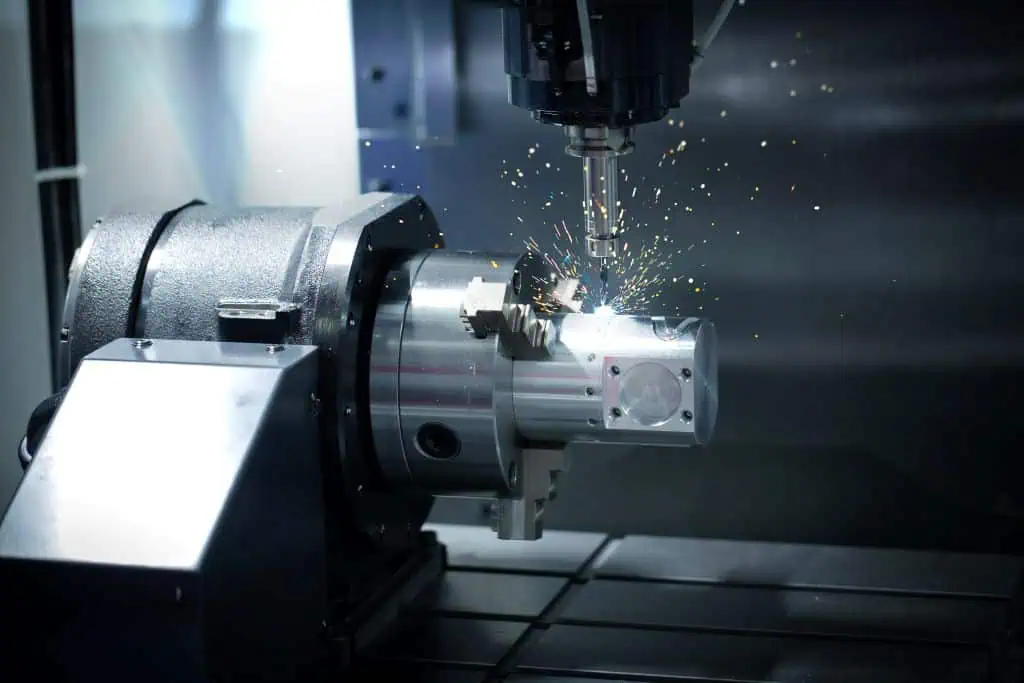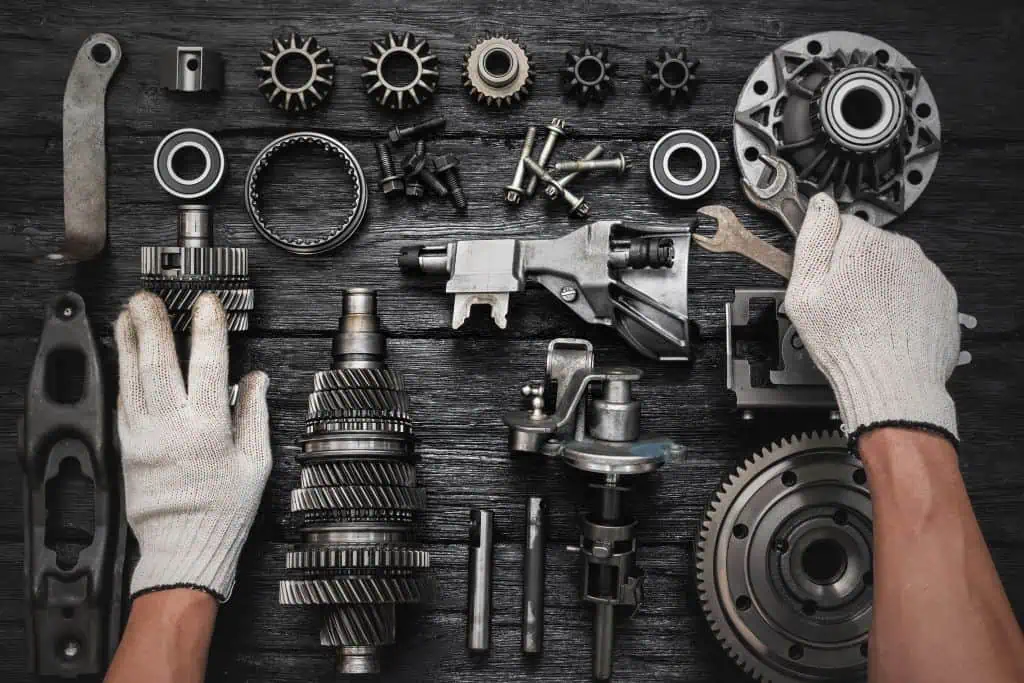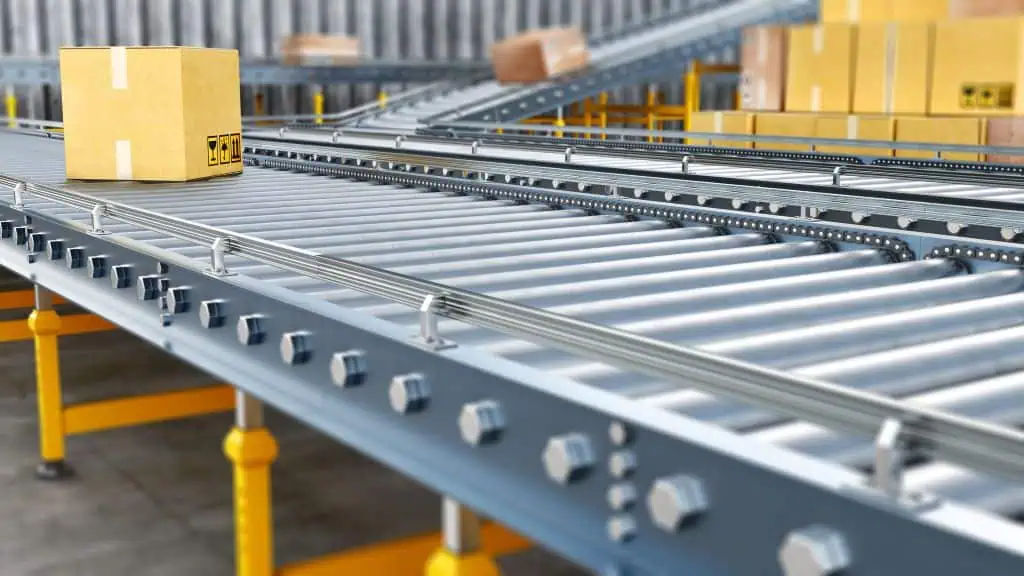In today’s fast-moving, high-precision, and highly unforgiving world of contract manufacturing, quality is not just imperative—excellence in Quality Management Systems (QMS) based on standards such as ISO 9001 or AS9100 is an absolute necessity. This is especially true for sectors like metal fabrication, machine shops, and those involving complex processes such as CNC milling and industrial machinery components production. In fact, it’s only 2023 that we at Armes Precision got our certification, and we thought it’d be very important to engage with the “why” of that commitment. This article will explore that “why” of how QMS certifications transform operations and ensure top-notch outcomes in our field.
Importance of QMS in Metal Fabrication and Machine Shops
Metal fabricators and machine shops face unique challenges that require stringent quality controls to meet client specifications and regulatory standards. Implementing a QMS like ISO 9001 or AS9100 can dramatically improve their operational efficiency and product quality. For instance, in a metal shop engaged in aluminum welding or steel fabrication, a certified QMS doesn’t guarantee perfection in every weld and cut, but rather, it implements a stringent review process to identify and mitigate defects. This ensures that any issues are addressed before the final product reaches the customer, thereby maintaining high standards of strength and precision.
QMS and Its Impact on Welding and Metal Shops
Welding, particularly aluminum welding, demands high levels of accuracy and consistency due to the material’s susceptibility to heat. A QMS standardizes welding processes, ensuring each joint is strong and defect-free. Similarly, metal shops benefit from these systems by standardizing measurements and cutting techniques across all materials, which minimizes waste and reduces the risk of errors.
CNC Milling and Industrial Machinery Components
In CNC milling and the world of manufacturing of components for industrial machinery, precision is never an aim but a start line expectation. Complexity of designs and the need for part-to-part integration with larger assemblies culminate in flawless production processes. ISO 9001 and QMS certifications ensure their critical components are manufactured in conformity with some of the most rigorous, industry-imposed standards.
Advantages of ISO 9001 and AS9100 in Contract Manufacturing
- Enhanced Product Quality:
Certifications like ISO 9001 and AS9100 set a global benchmark for quality management which helps ensure that every product manufactured adheres to the highest standards. For instance, a metal fabricator or a steel fabricator working under these certifications follows a detailed, standardized process that includes regular quality checks, rigorous testing, and compliance with international quality standards. This means that whether a component is produced via CNC milling or through traditional metalworking techniques, it consistently meets or exceeds customer expectations. Furthermore, these QMS frameworks promote a culture of quality that pervades every level of an organization, from senior management to the shop floor.
- Increased Customer Trust:
Trust is crucial in building and maintaining business relationships, particularly in industries like aerospace where AS9100 is prevalent, or automotive where ISO 9001 is often required. When companies are certified, they signal to potential customers that they are committed to quality management and continual improvement. This is especially important when dealing with complex projects that involve industrial machinery components or precision metal shops. A certification can be the deciding factor in a customer’s choice between two competing vendors, as it reduces the perceived risk and demonstrates reliability.
- Market Expansion:
ISO 9001 and AS9100 open doors to new markets. For example, many large corporations and government entities require their suppliers to be certified, viewing this as a prerequisite to entering into contracts. This is particularly beneficial for sectors like machine shops and metal fabricators, where such certifications differentiate a business from competitors who might not have the same level of accreditation. Additionally, certification can be a critical tool in the global marketplace, enabling businesses to compete on an international scale by aligning with global standards.
- Operational Efficiency:
The process of earning and maintaining a QMS certification requires businesses to scrutinize and streamline their operations. This often leads to significant improvements in process efficiency and waste reduction. For metal shops involved in processes like aluminum welding or steel fabrication, a systematic approach to managing tools, materials, and human resources can reduce downtime and material waste, thereby decreasing costs. Moreover, the structured problem-solving methodologies encouraged by QMS frameworks like ISO 9001 and AS9100 help in identifying bottlenecks and inefficiencies, allowing for smoother project management and execution.
Implementation Challenges and Solutions
While the benefits of ISO 9001 and AS9100 are undeniable, the path to certification can be challenging, particularly for smaller shops like local steel fabricators or specialized CNC milling operations. We at Armes Precision utilized a consultant to help us build our QMS. The key to overcoming these hurdles is to focus on incremental improvements and to seek guidance from experts who can tailor the QMS to the specific needs of a shop or factory.
Conslusion
More than a vehicle for compliance with ISO 9001 and AS9100 Quality Management Systems, it is the very foundation of quality and performance excellence in contract manufacturing. In metal fabrication, machine shop operations, and production of components for industrial machinery, these herald nothing short of superior work and responsible business.
In these standards, we at Armes Precision in Virginia further strengthen our commitment not only to quality but also to further add to our position as one of the leaders in the competitive landscape of contract manufacturing.
#QualityManagementSystem #ISO9001 #AS9100 #ContractManufacturing #MetalFabricator #CNCMilling













